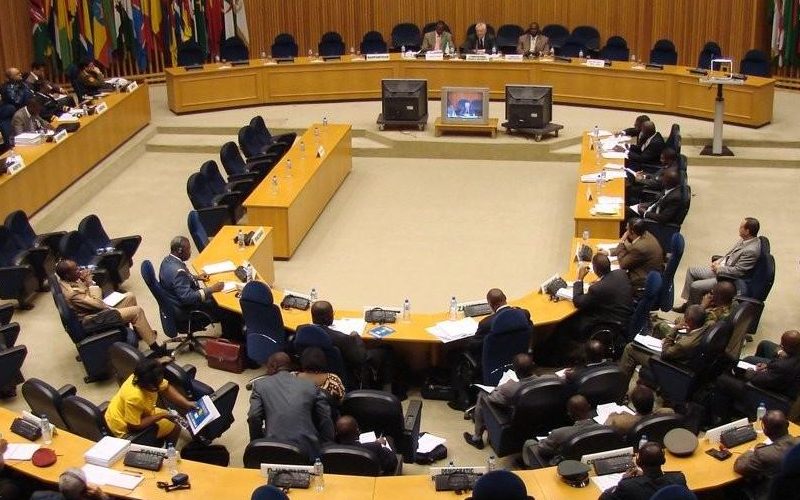India’s new antibiotic drugs poised to tackle drug-resistant infections

Enmetazobactam, developed by Chennai-based Orchid Pharma, recently became the first Indian antibiotic approved by the US Food and Drug Administration.
Antibiotics, once celebrated as revolutionary medical saviours, are increasingly under siege from a cunning adversary: drug-resistant bacteria.
Known as "superbugs," these pathogens mutate and adapt, rendering antibiotics ineffective.
More To Read
- Kenya reports first local case of powerful drug-resistant bacterial gene
- WHO warns of rising antimicrobial resistance in fungal infections
- Kenya unveils advanced bronchoscopy programme at KNH to strengthen respiratory care
- Ministry warns Kenyans on escalating antibiotic resistance
- Pneumonia crisis in Kenya: Thousands of children at risk in informal settlements
- WHO sounds alarm: Antibiotic resistance rising fast, puts millions at risk worldwide
According to The Lancet, in 2021 alone, superbugs caused 1.14 million deaths worldwide, making antimicrobial resistance (AMR) one of the greatest threats to global health.
India, home to some of the highest AMR rates, faces devastating consequences.
In 2019, antibiotic-resistant infections accounted for approximately 300,000 deaths, including nearly 60,000 newborn fatalities. The country's reliance on antibiotics and widespread misuse has only exacerbated the crisis.
Despite the grim scenario, Indian scientists are making ground-breaking strides in the fight against AMR.
Enmetazobactam, developed by Chennai-based Orchid Pharma, recently became the first Indian antibiotic approved by the US Food and Drug Administration (FDA).
This injectable drug targets severe infections, including urinary tract infections (UTIs), pneumonia, and bloodstream infections by neutralising bacterial defence mechanisms.
“Enmetazobactam immobilises the bacteria’s ‘weapon’ without triggering resistance easily. This preserves the efficacy of critical antibiotics like carbapenems,” explained Dr Maneesh Paul, a lead co-inventor of the drug.
Remarkable potency
“The drug has shown remarkable potency in trials across 19 countries and more than 1,000 patients. Critically ill patients receive it intravenously, and it is not available over the counter,” he added.
Based in Mumbai, Wockhardt is currently testing Zaynich, a new antibiotic that has the potential to revolutionise the fight against major superbugs.
Developed over 25 years and now in Phase 3 trials, Zaynich has already shown promising results when used on compassionate grounds for 30 critically ill patients unresponsive to other antibiotics.
“Remarkably, all survived,” said Dr Habib Khorakiwala, founder chairman of Wockhardt. “This would make India proud.”
The company is also testing Nafithromycin, also known as MIQNAF, a three-day oral treatment for community-acquired bacterial pneumonia.
With a success rate of 97 per cent, it aims to address conditions where resistance rates reach as high as 60 per cent.
While new drugs offer hope, experts warn that they alone cannot solve the AMR crisis.
A 2023 report by the Indian Council of Medical Research (ICMR) revealed alarming trends: pathogens like E. coli and Klebsiella pneumoniae are becoming increasingly resistant to antibiotics.
Doctors often prescribe broad-spectrum antibiotics due to the lack of antibiograms — microbiology-based guidelines tailored to local bacterial strains. This practice fuels resistance by encouraging the emergence of drug-resistant bacterial mutants.
“I am definitely excited about these new drugs, but we must create mechanisms to prevent their misuse,” cautioned Dr Kamini Walia, a scientist at ICMR. “Improper and irresponsible use will compromise their longevity.”
Experts stress the need for a holistic approach to combat AMR. This includes better water, sanitation, and hygiene; stronger hospital infection control policies; improved vaccine uptake; and public education to deter self-medication.
“Combating antimicrobial resistance is a complex, multi-faceted challenge tied to healthcare equity and systemic accountability,” Walia said.
Top Stories Today












































